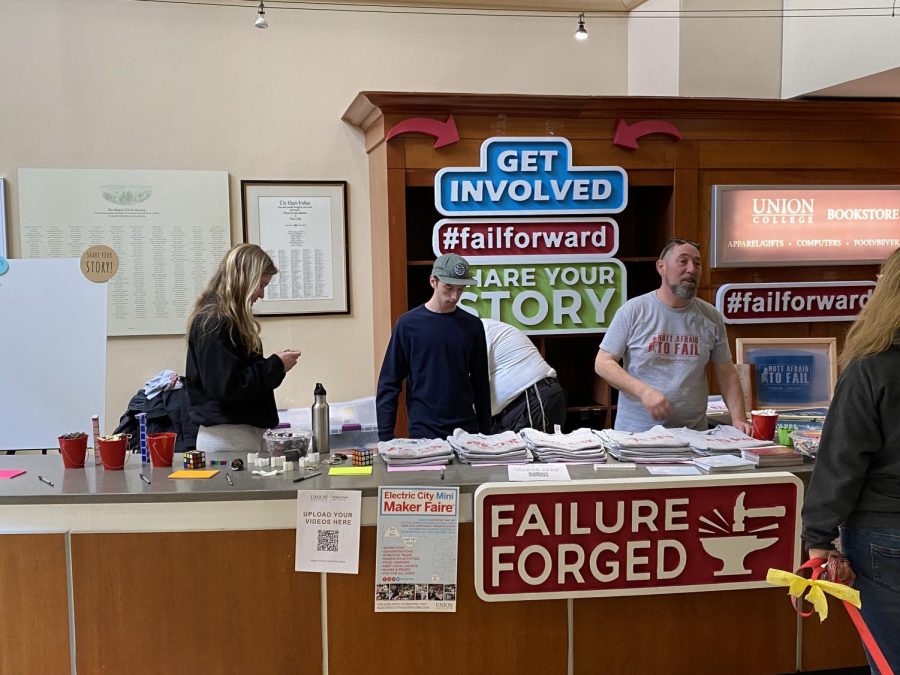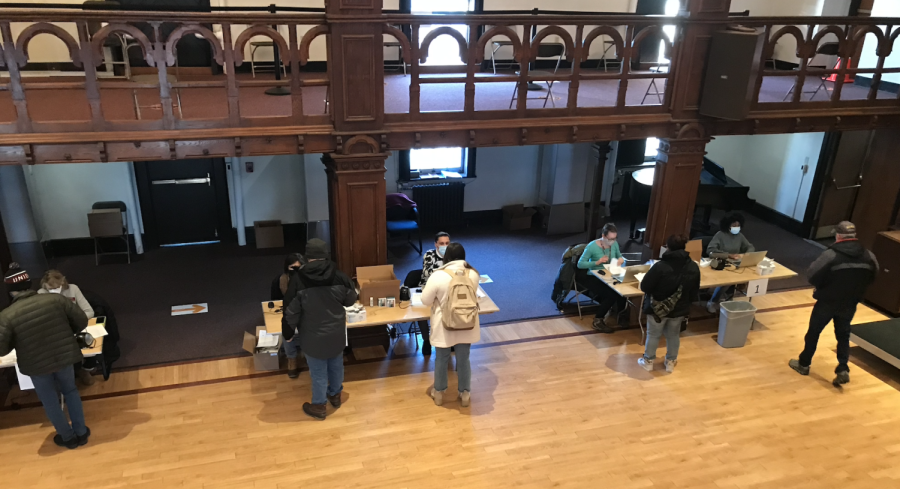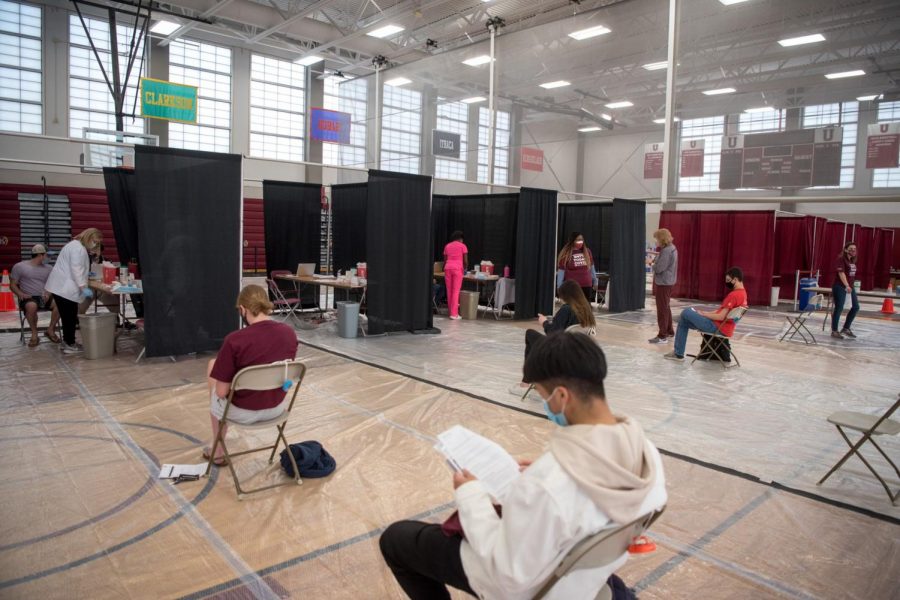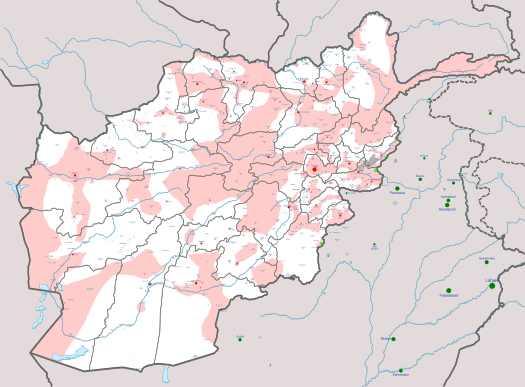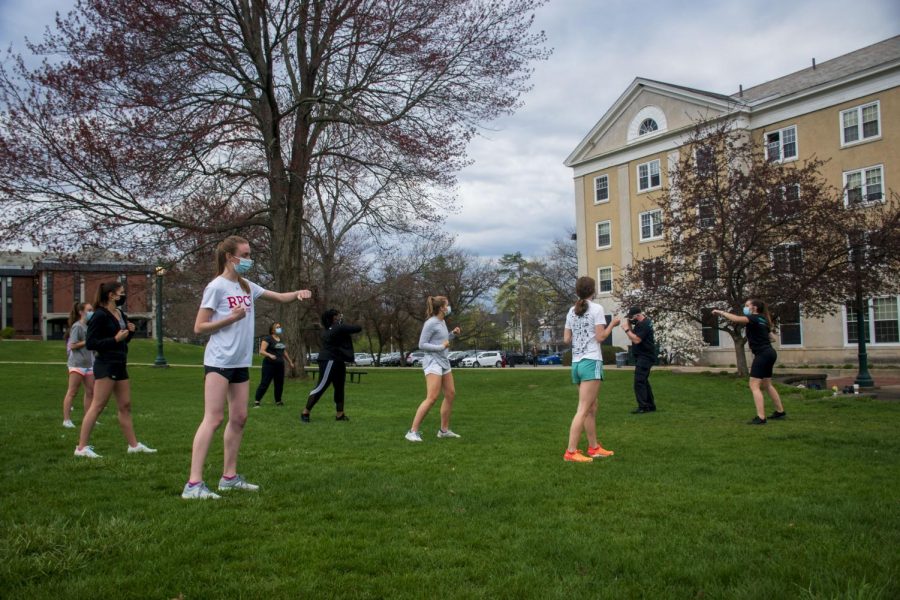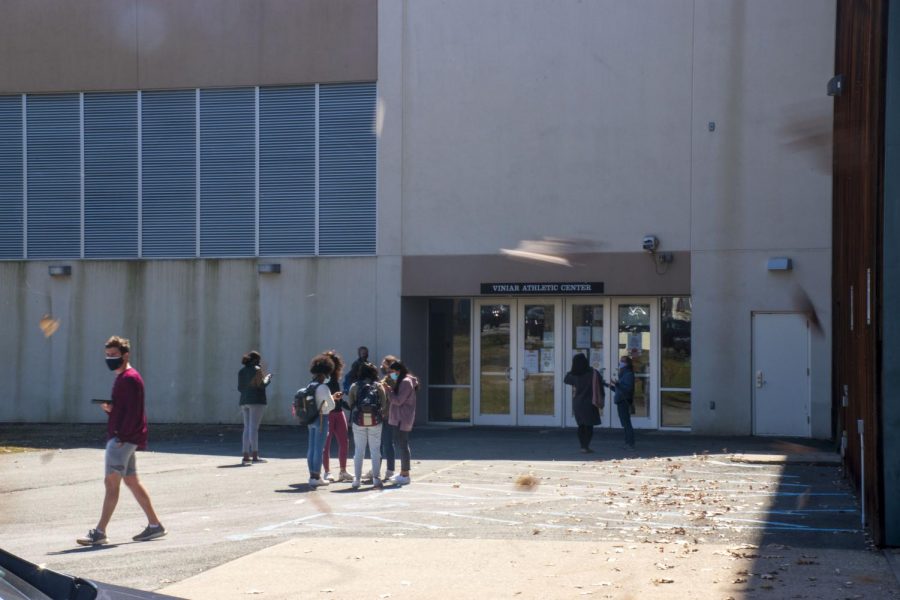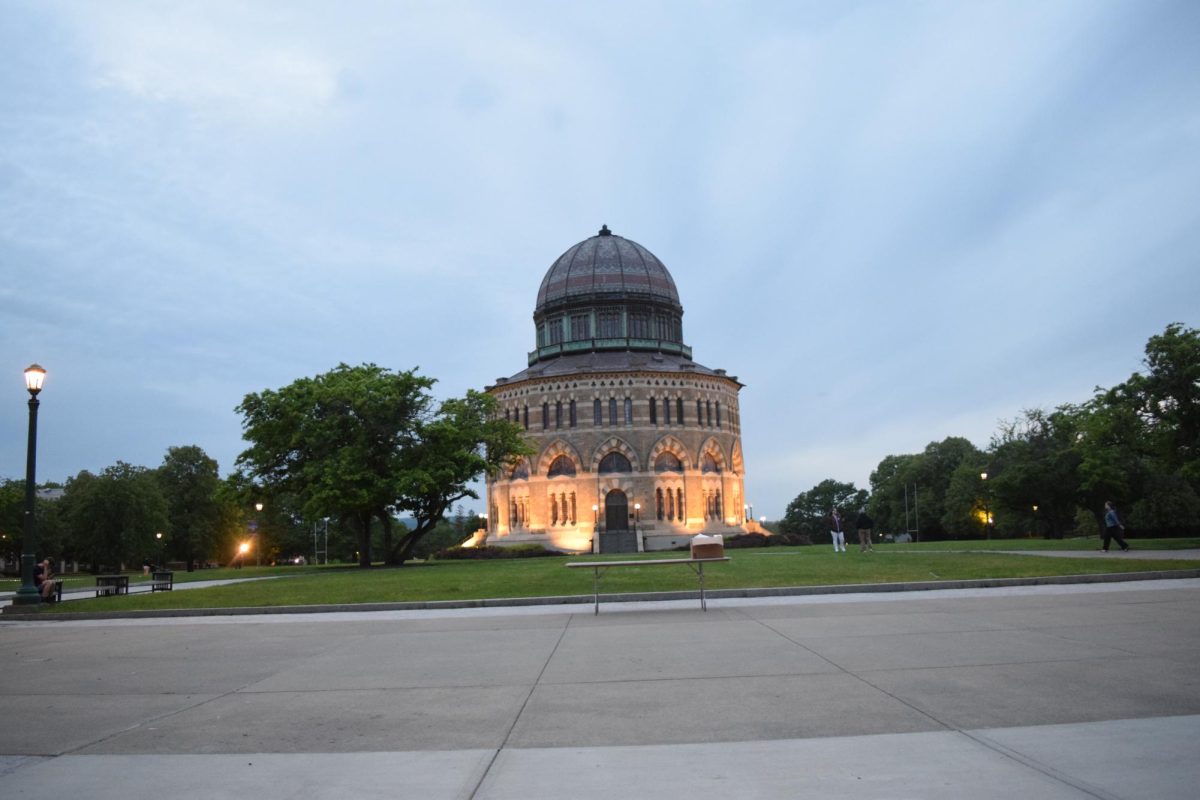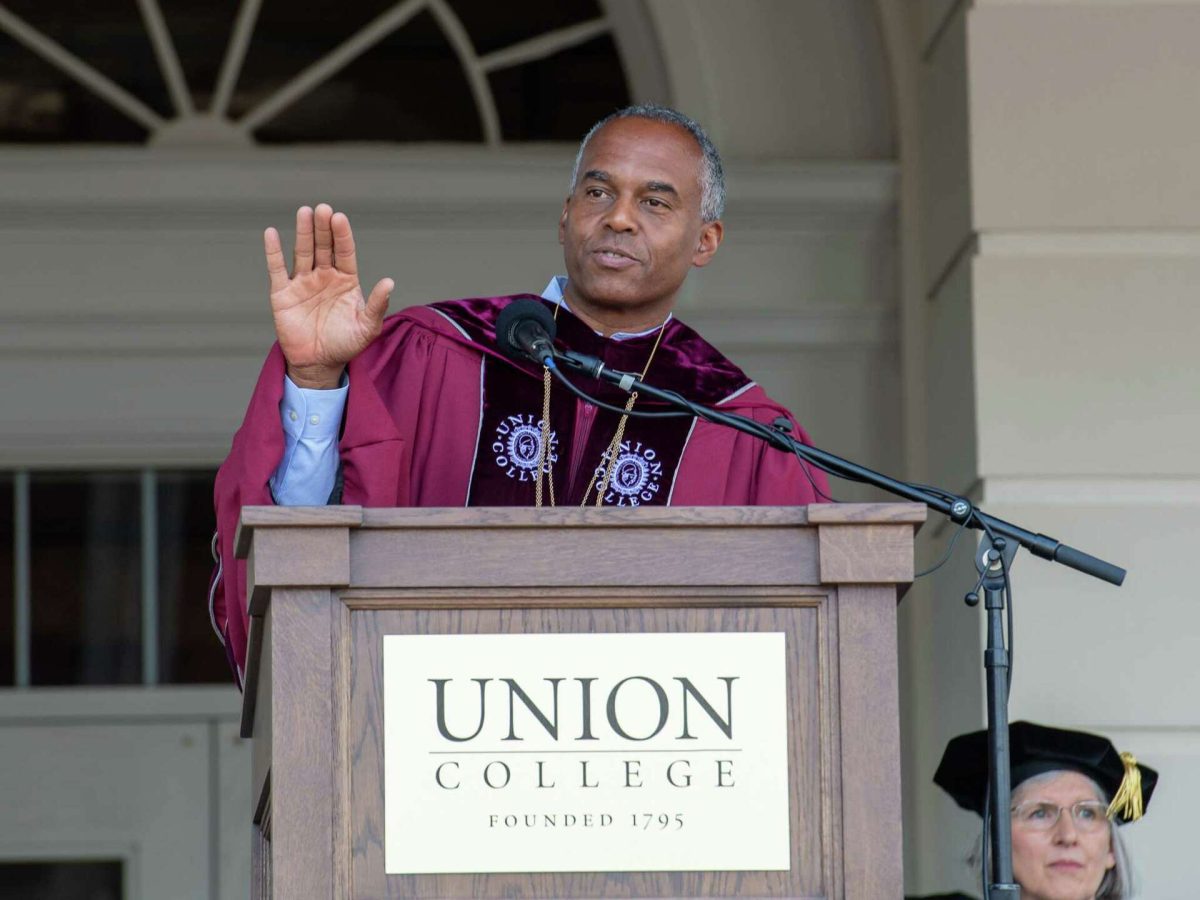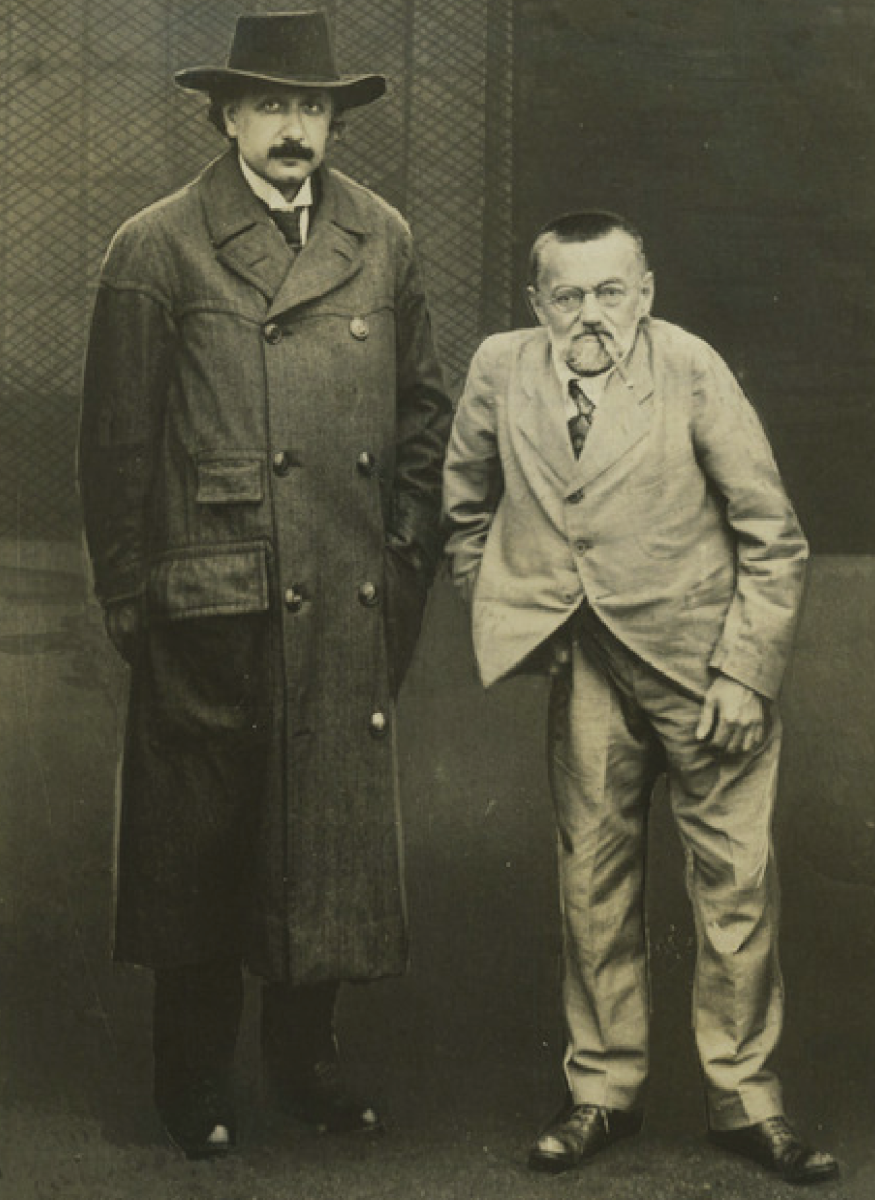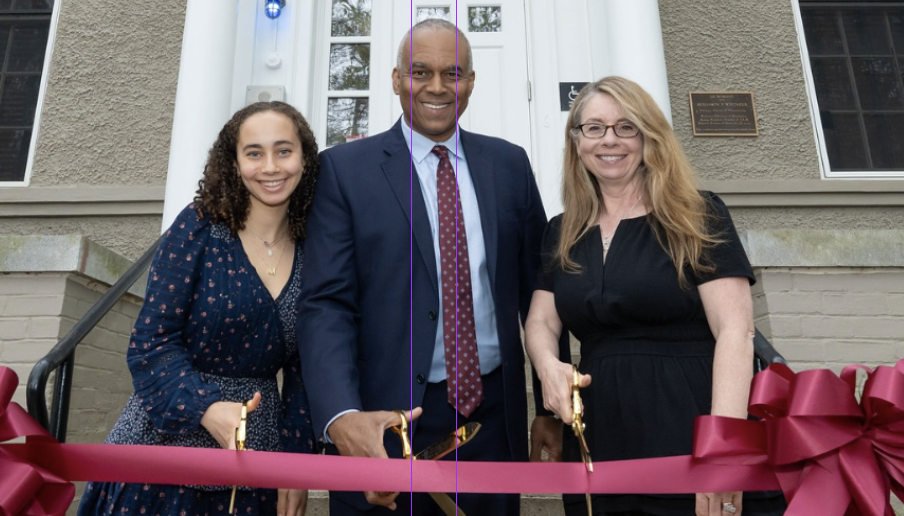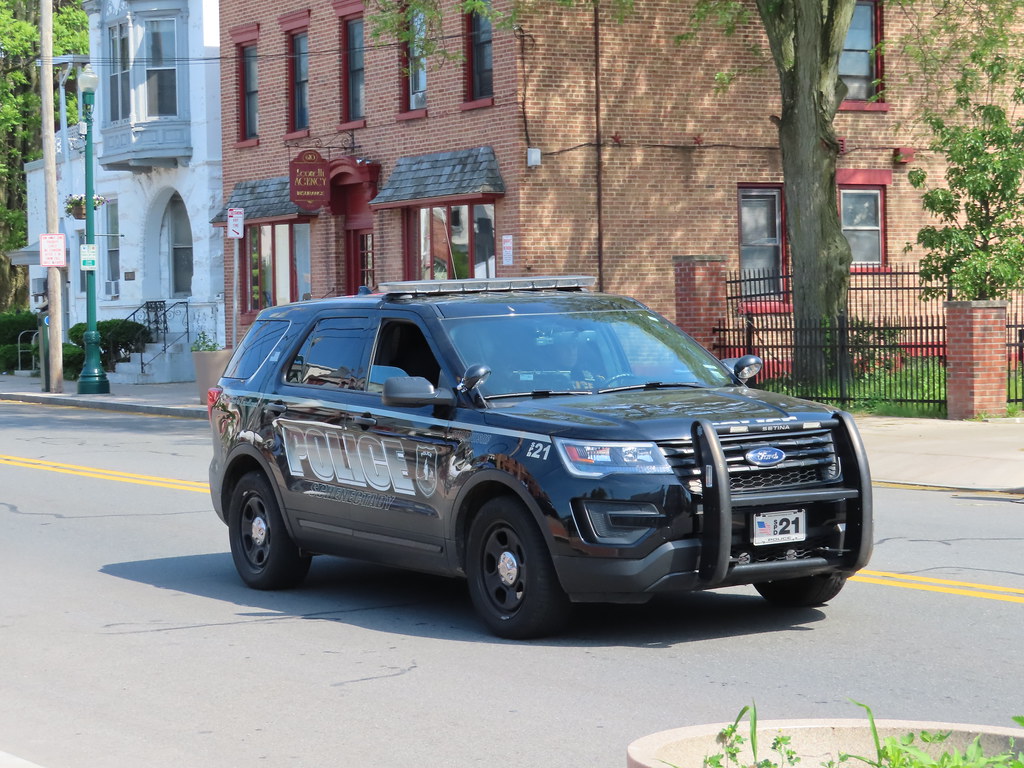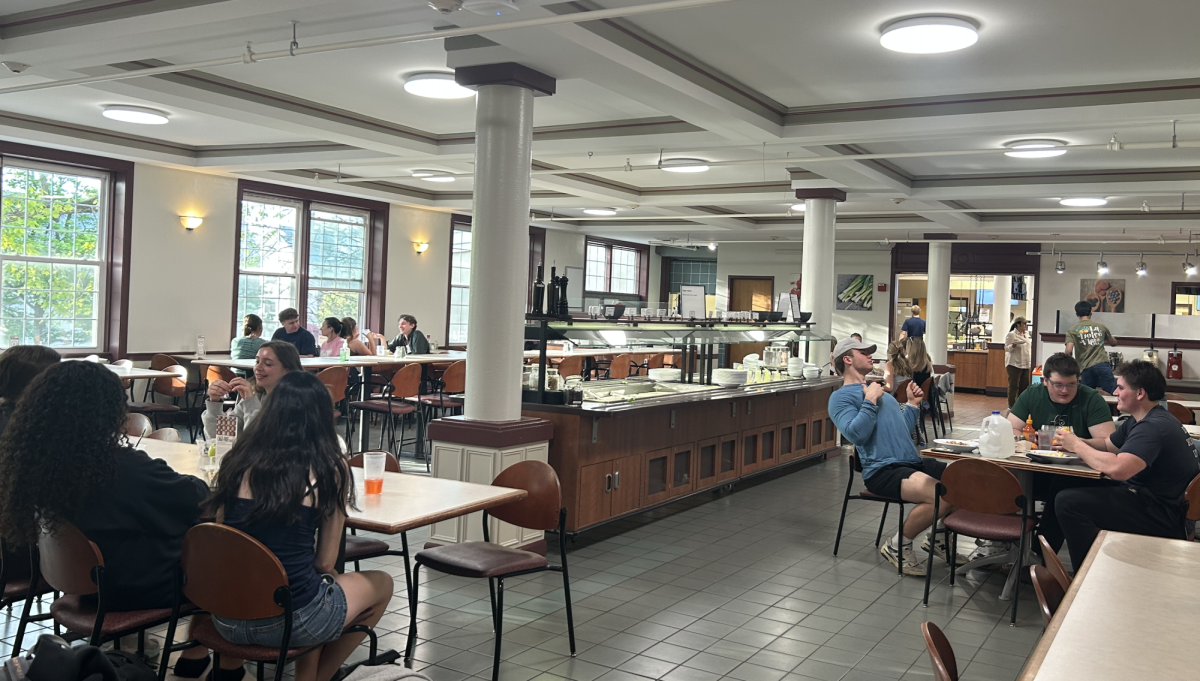The nineteenth annual Denim Day took place on Wednesday, April 25. Denim Day is a day in which people are encouraged to wear denim to raise awareness of sexual assault. In honor of that day, the Women’s Union led a march around the Nott Memorial and held a lecture in Old Chapel during common hour. Many members of the faculty and student body attended the event. All of them wore jeans and pins which bore a message of sexual assault awareness.
“In a lot of things it’s mostly just talk… moving away from just sexual assault… there’s a lot of things that people say, ‘Oh I would never do this, oh, I would never do this,’ but when they’re put to the test, they fail… This is how you put words into actions,” Lola Oyetuga ’20 said.
“In 1998 a man was acquitted of a rape conviction from six years beforehand in Rome, Italy after the Italian Supreme Court determined that since his victim, then an 18-year-old girl whom he gave driving lessons to in 1992, was wearing jeans at the time and therefore must have helped him take them off her and consented to sexual activity. The next day, all the women in the Italian Parliament wore jeans and protested this ruling. “It’s high time that we don’t have to have awareness of it, it’s something we have to address,” Nimra Shabbir ’21 said.
This decision incited an international backlash. While the acquittal was overturned in 2008 by the Italian Supreme Court, Denim Day still exists as a day to raise awareness of sexual assault and the obstacles that victims face.
“Since that time, wearing jeans has been a way to say, ‘It does not matter what I wear’,” Title IX Coordinator Melissa Kelley said when discussing the belief that what a woman wears can control or provoke an assault.
In Old Chapel, Kelley spoke about the issue of sexual assault in the United States and on college campuses specifically. She cited the Rape, Incest & Abuse National Network (RAINN) when saying that one person was raped every 98 seconds in the United States, a college woman is twice as likely to be raped than mugged, rape is most common during the first
two years of college and about 70% of all rape victims know their rapists. She noted that 21% of transgendered men and women report assault, 18% of nonqueer-identifying women and 4% of nonqueeridentifying men.
“It’s an important message for Union’s campus to be aware of. It’s important to stand in solidarity for people who don’t have a voice and we’re that voice… Sometimes these messages can fall on deaf ears so the more people you have speaking of it, the more the message gets out there,” President of Women’s Union Christie Dionisos ’19 said.
One thing that Kelley emphasized was both the options available to students on campus and the support of the administration, specifically President Ainlay, in combating sexual assault.
She told the students that she was there to talk, but would not take action without consent of the people coming forward.
During her talk, Kelley ended on three main points: the importance of addressing violence by speaking out, the ‘Ask Me” campaign meant to teach people about consent and how to understand it and the importance of intervening during questionable situations to prevent assault.
“Sexual assault is a big issue in our society and especially on college campuses. I think people need to be supported to come forward with their stories and I approve of what Union does for support,” Emma Mahony ’21 said.
While RAINN estimates that 28.5% of undergraduate students experience rape or sexual assault during their time in school, Union has reported only eight incidents of rape on campus between 2014 and 2016.


